From a journey that began in the war-torn streets of Sierra Leone. Ibrahim Kamara succeeds the legacy left by Virgil Abloh as the new Art and Image Director at Off-White.
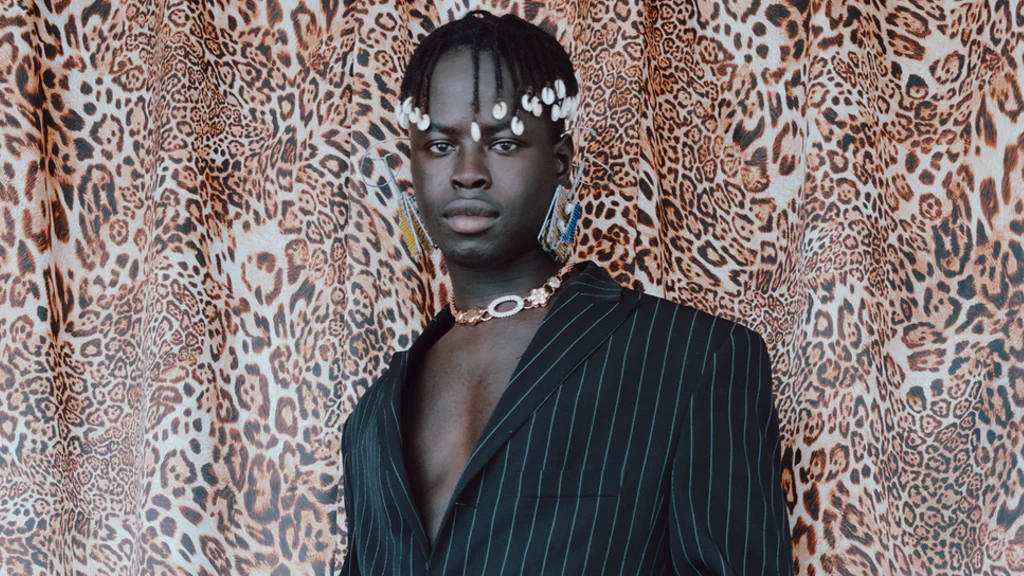
Ib Kamara, British stylist, journalist and editor-in-chief of Dazed, challenges conventional notions of menswear and masculinity. He does so through his distinctive styling and art direction. Almost six months after the death of Virgil Abloh, a post on Instagram announces that the Ib will join Off-White. His new role is Art and Image Director. Kamara reposted his portrait, commenting:
“Virgil will forever be with us. With me. He changed the world and left an indelible mark on anyone who encountered him and beyond. Generous with his time, mind and creativity – he saw everyone and created with all humans in mind. I am honored to further link my ties to Off-White™️ as their Art & Image Director and be a part of the team that will tell the rest of the story Virgil started writing for us all”.
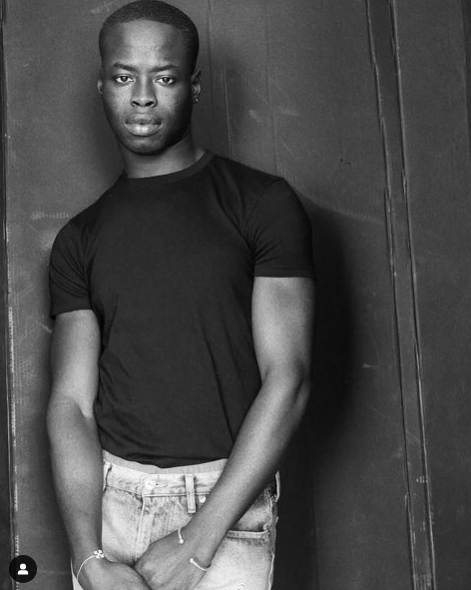
Kamara has worked across the fashion landscape with big brands including Burberry, Louis Vuitton, Labrum London, Philosophy di Lorenzo Serafini and Erdem.
Kamara’s styling is a uniquely African body of work that interrogates masculinity.
Off-White’s Instagram revealed Ibrahim’s personal and professional relationship with Virgil as a “strong bond based on mutual respect and shared values”.
Ibrahim in his “new role will further develop his influence and insight on the brand’s collections, image and content”.
Early Life
Born in Sierra Leonne in 1991, Ibrahim Kamara fled his home to the nearby Gambia after the civil war broke out. Much of his childhood saw him with his aunt and uncle before he settled in London with his parents, aged 16. Ibrahim’s early life and upbringing remain a huge part of the ideas and stories he explores in fashion. He takes great pride in the past memories that inspire his current concepts.
“How I tell fashion stories has been shaped so much by my early life here, from my community upbringing and being so close to nature to early memories of glimpses of Western magazines and pop videos”.
Kamara’s memories as a youngster and cultural upbringing in Sierra Leone inspired his desired future in the creative industry.
“Sometimes the Western world thinks that African women are submissive and that they comply with men, but for me it was the total opposite. The kind of women I grew up with were dominant, and they dressed how they wanted to”.
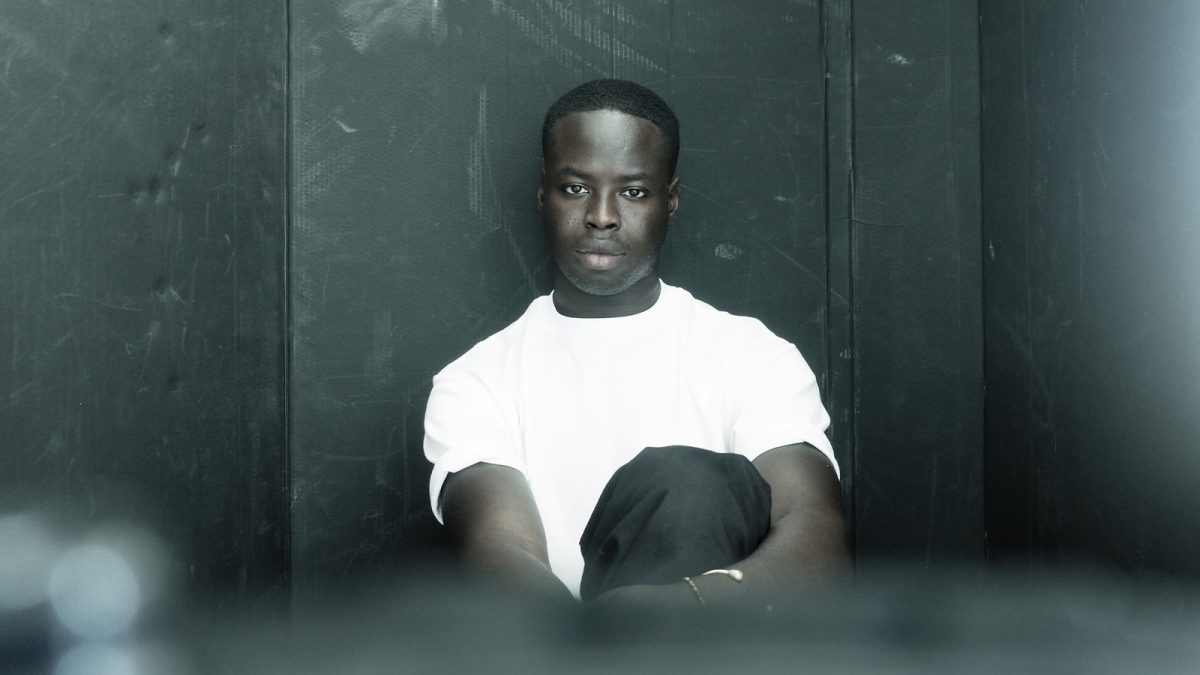
Prominent Works- ‘2026’ Photography Series
His project ‘2026‘ shot in South Africa with photographer Kristin-Lee Moolman explored the future of black masculinity. Titled “What African masculinity could look like in 10 years’ time”. Photographs pictured street cast models in clothes foraged from dumpsters and refashioned pieces bought from local Johannesburg markets. The collaboration that began on Instagram created a world of black bodies where there’s no right or wrong.
“A man wearing a dress doesn’t mean he’s sexually confused, he’s just comfortable in a dress: that’s the kind of vibe we were going for. Anything goes”.
Ibrahim Kamara on 2026 Project


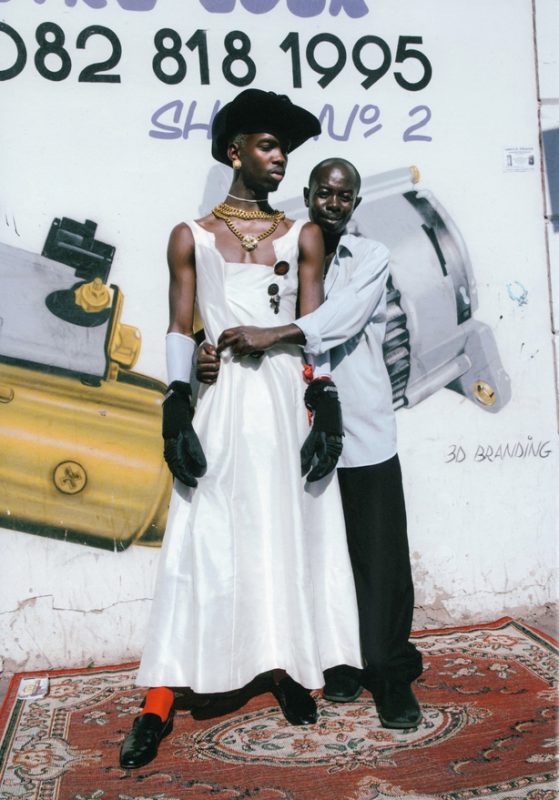
“2026 explores how black masculinity is defined and policed in popular culture and global media. To contest how black skin is utilised as an exotic object – where the wearer becomes only a faceless and nameless commodity”.
Kristin-Lee Moolman
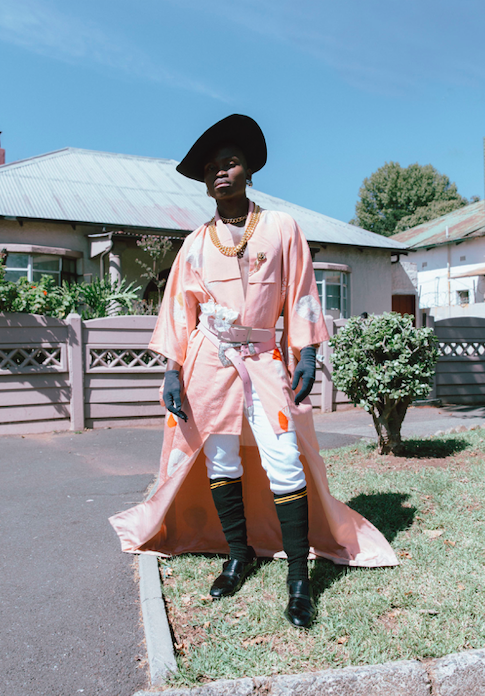
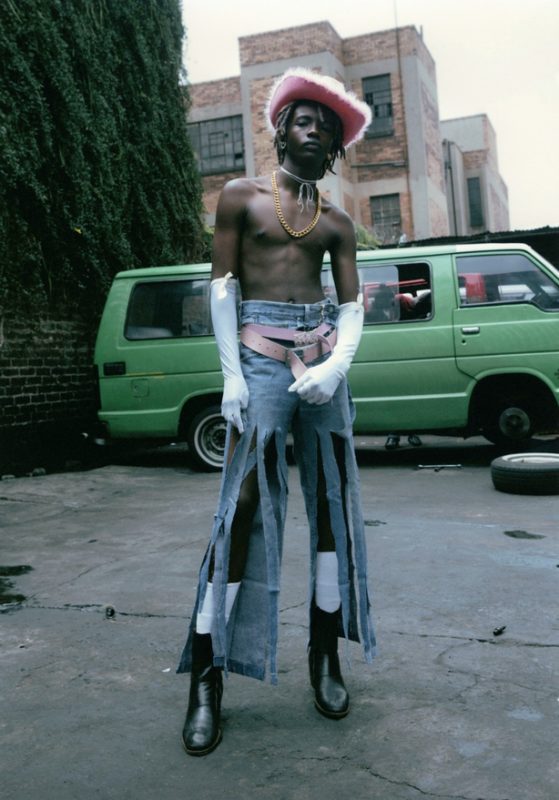
Transcending of Black Representation in Fashion
At current, Black representation in fashion remains a work in progress. The industry continually promises more diversity, but when it comes to the power structure of established brands and the designers who epitomise them, Black representation is small.
Ibrahim Kamara amongst designers and creatives alike are emerging and creating huge impacts in the industry. For decades, black people have been the blueprint for American culture. Evolving fashion trends, influential music, art, hair and jewellery. Yet fashion, a form of self-expression and autonomy fails to recognise minorities, African Americans, Hispanics, Asian Pacific, Native Americans, and Asian Indians.
Kamara upends conventional notions of how fashion can relate to race, gender and sexuality. He is a distinctive voice that draws attention, particularly to the black male body, challenging hetronormative attitudes. Ib has gone on to be one of the most successful stylists working in the fashion industry today. His work celebrates the joy in fashion while displaying the integral role it has in forming identity.
Fashion Industry Broadcast is following these swiftly emerging creatives, so keep an eye out!
Subscribe to FIB’s Weekly Breaking News Report for your weekly dose of music, fashion and pop culture news!






